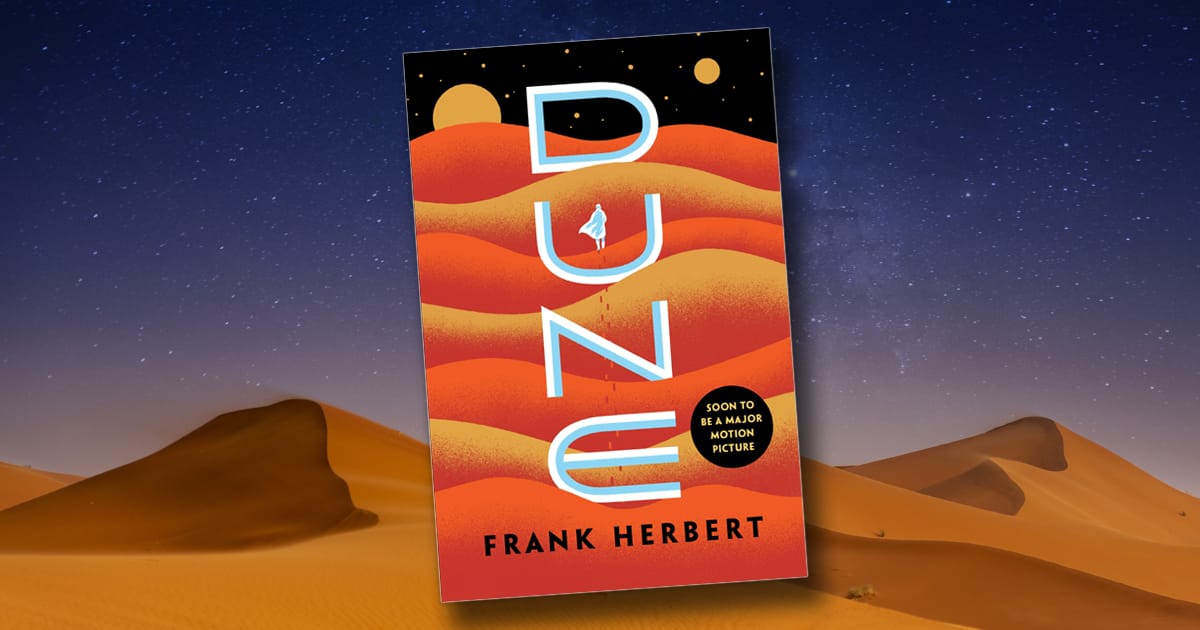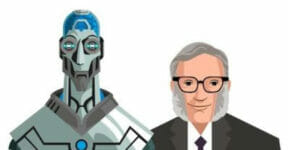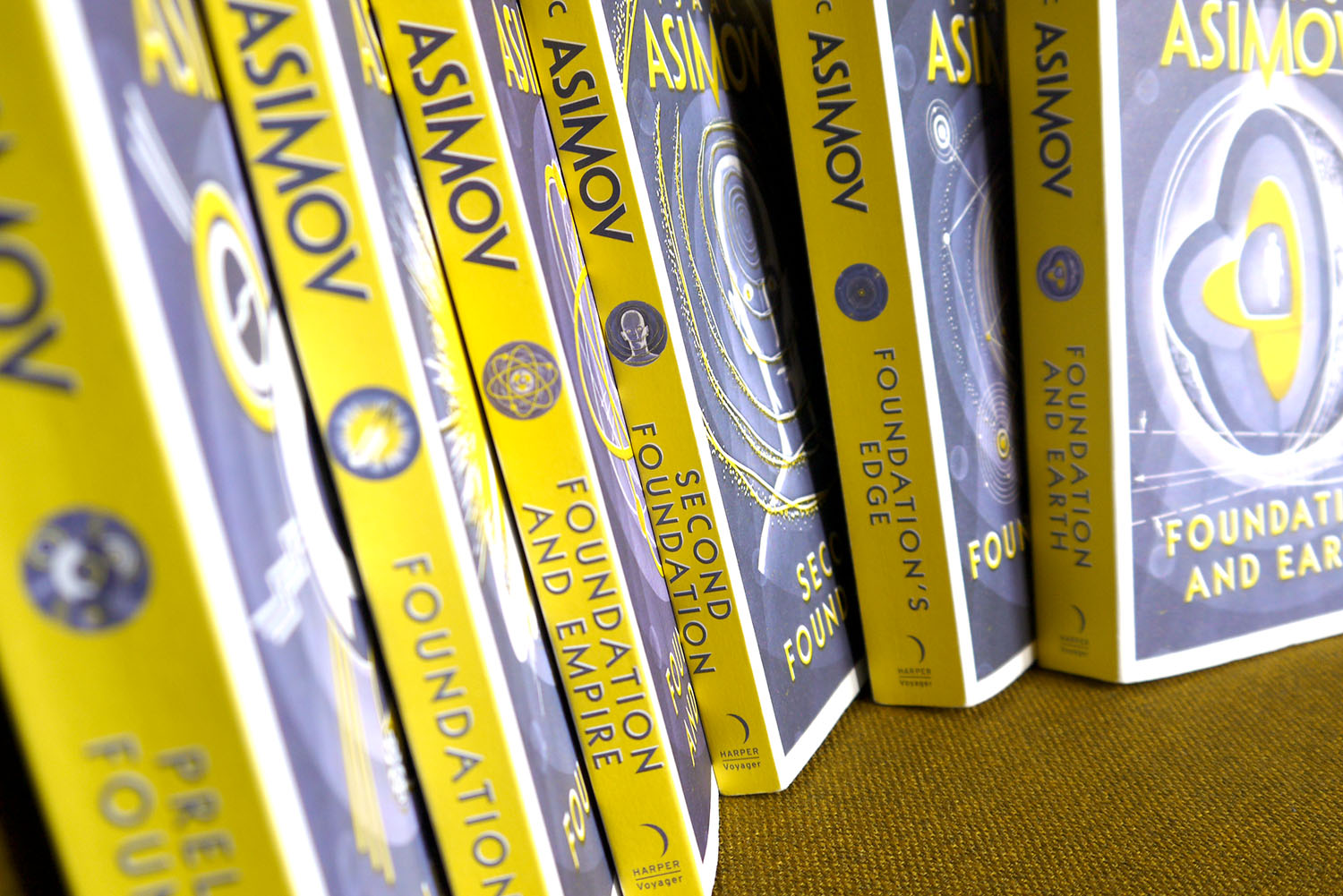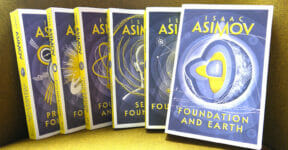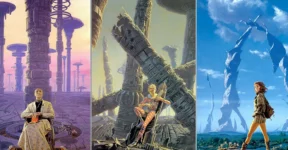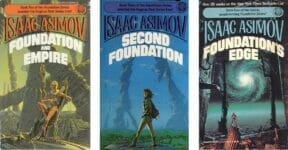If you enjoyed “Dune” by Frank Herbert, you might also appreciate the following 10 books that share some thematic elements or qualities:
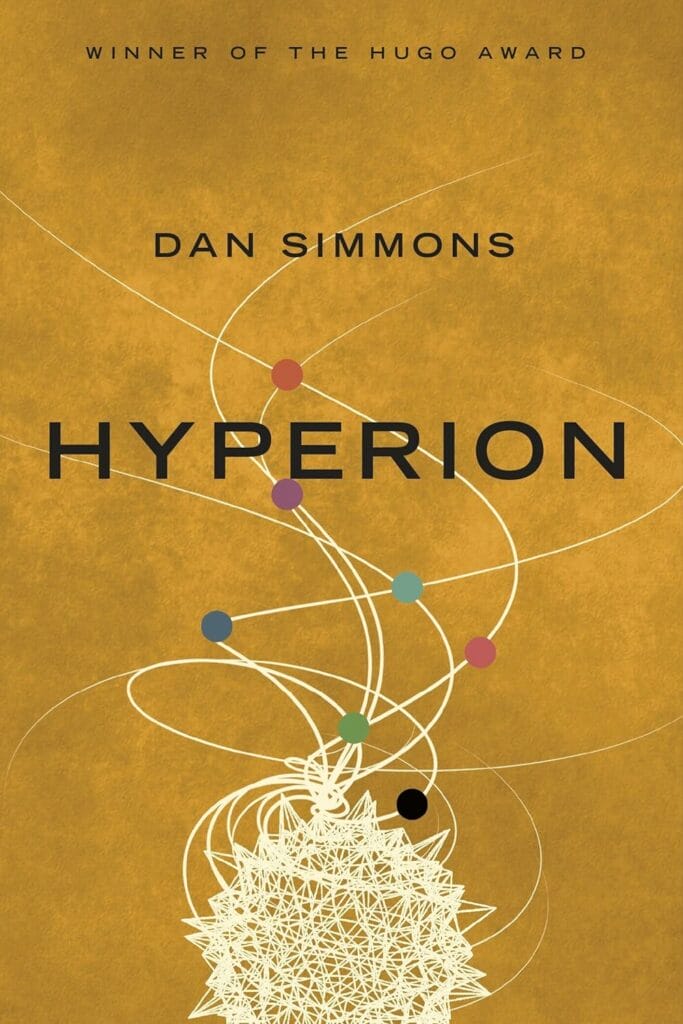
“Hyperion” by Dan Simmons
This novel, often described as a space opera, tells the story of seven pilgrims journeying to the distant world of Hyperion, each with their own tale to tell. The narrative structure, with each pilgrim recounting their story, allows for rich world-building and exploration of themes ranging from artificial intelligence to the nature of time.
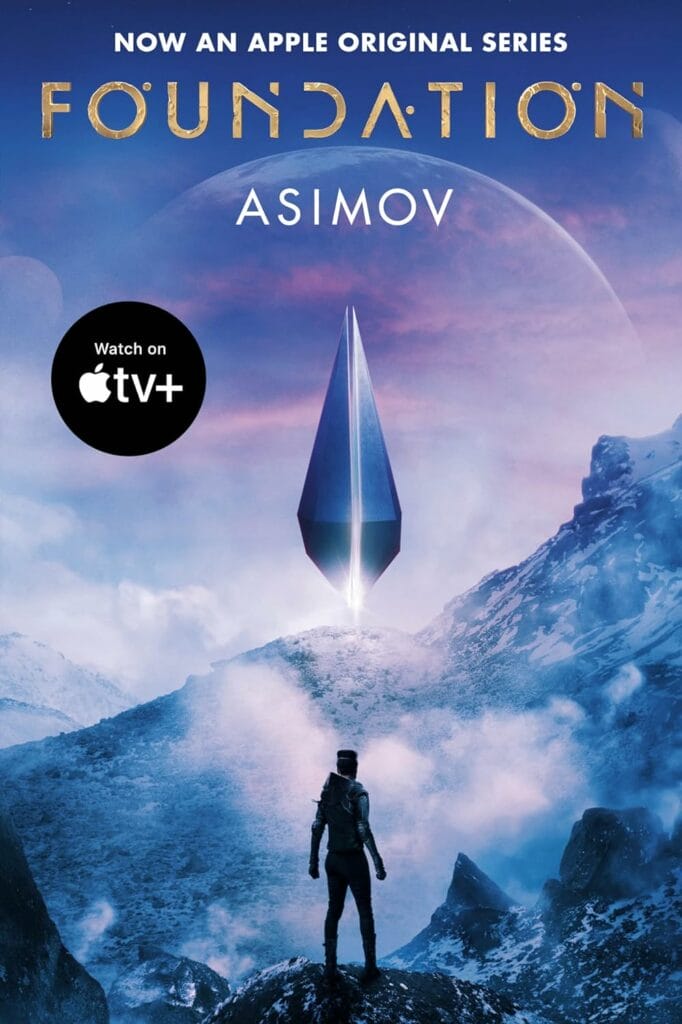
“Foundation” by Isaac Asimov
Asimov’s classic series begins with mathematician Hari Seldon predicting the fall of the Galactic Empire and devising a plan to shorten the ensuing dark age. The series spans centuries and explores the interplay of politics, sociology, and psychology on a grand scale.
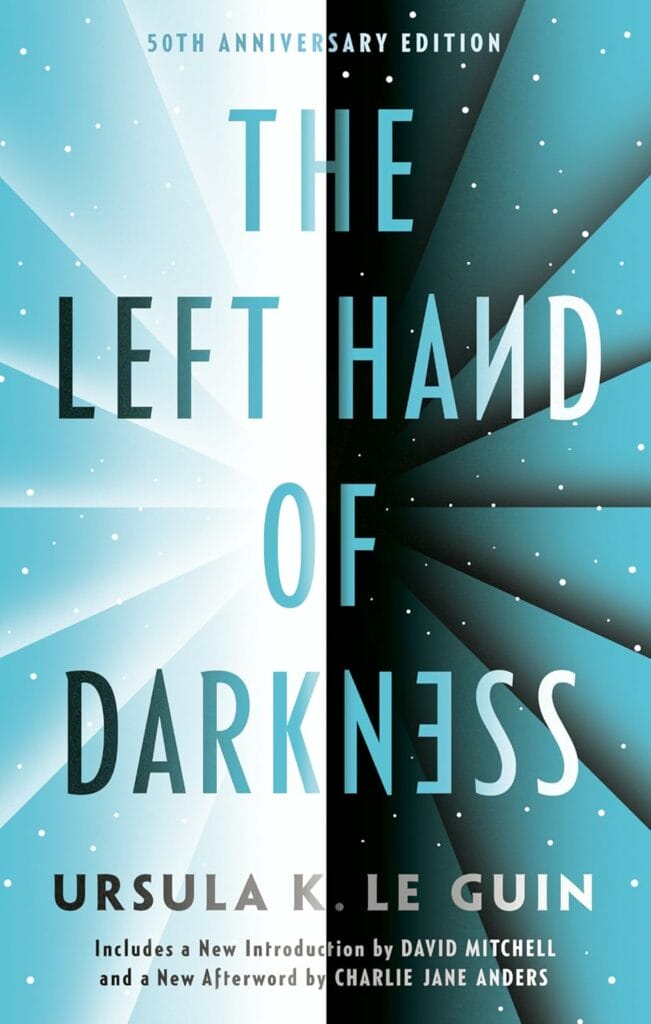
“The Left Hand of Darkness” by Ursula K. Le Guin
Set on the planet Gethen, where the inhabitants can change gender at will, this novel follows a human ambassador as he navigates the complex political landscape of the planet. Le Guin’s exploration of gender, politics, and cultural differences makes this a thought-provoking read.
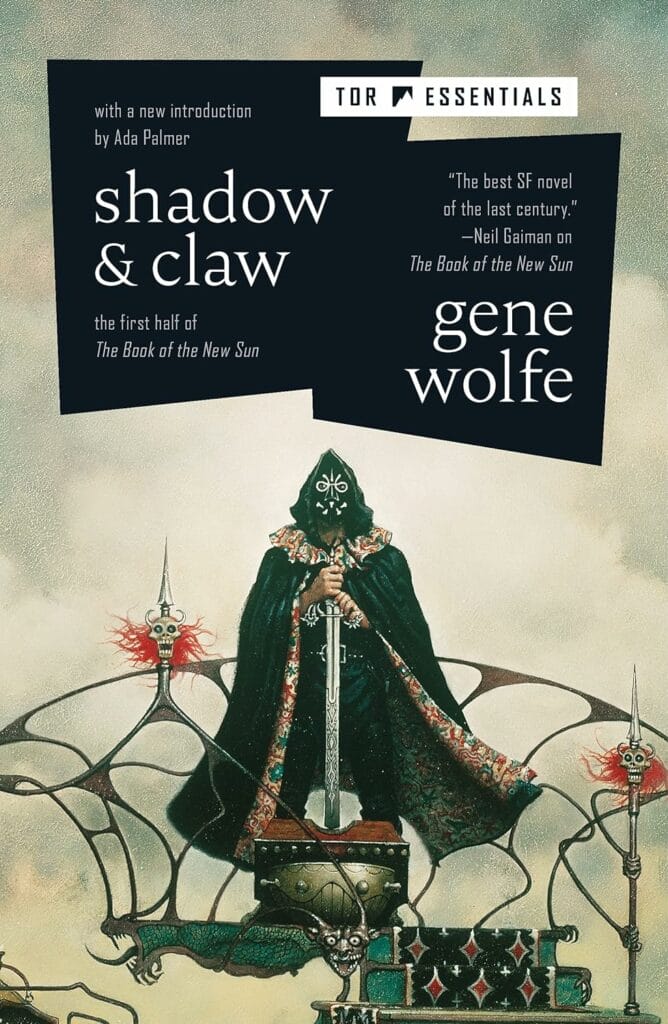
“The Book of the New Sun” by Gene Wolfe
This tetralogy follows the journey of Severian, an apprentice in the Torturers’ Guild, as he becomes embroiled in the politics and mysteries of a decaying world. Wolfe’s prose is rich and dense, and the series is filled with symbolism and philosophical themes.
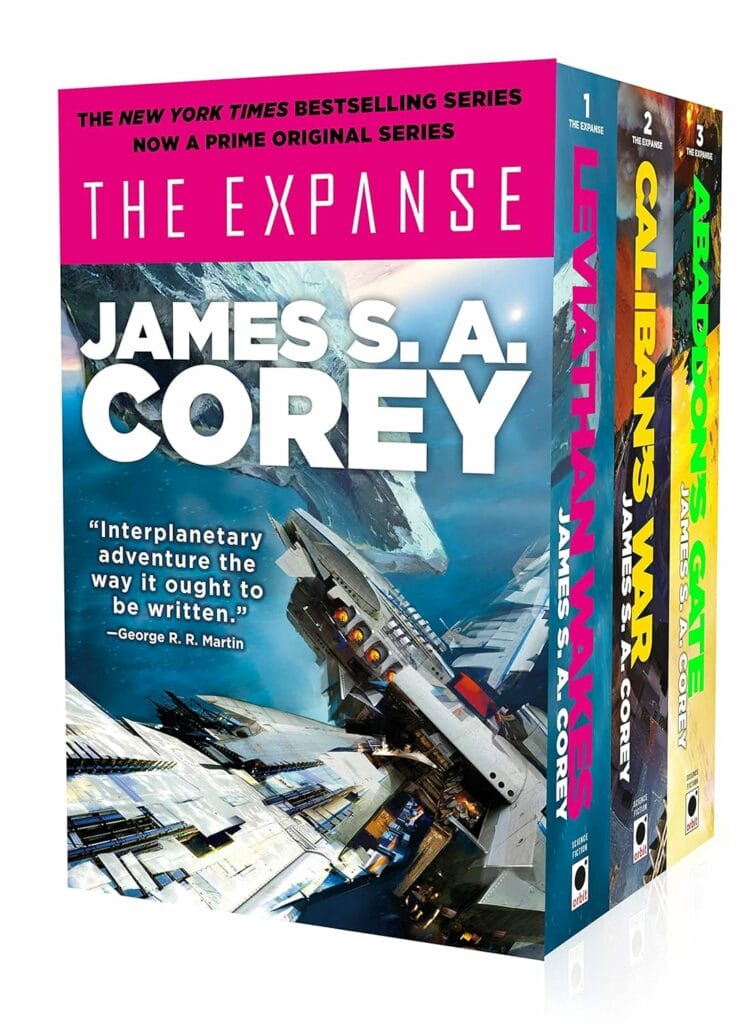
“The Expanse” series by James S.A. Corey
Beginning with “Leviathan Wakes,” this series follows the crew of the Rocinante as they navigate the political tensions and conspiracies of a future where humanity has colonized the solar system. The series blends elements of hard science fiction with noir-style detective stories.
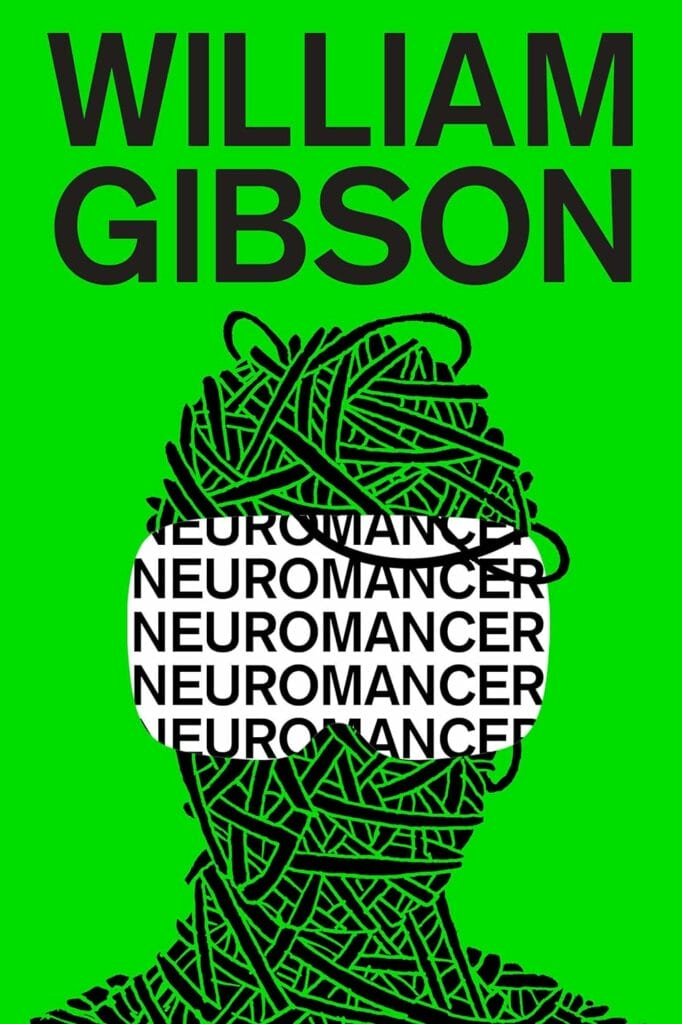
“Neuromancer” by William Gibson
Set in a dystopian future where cyberspace and virtual reality are part of everyday life, “Neuromancer” follows Case, a washed-up computer hacker, as he gets embroiled in a complex conspiracy. Gibson’s vision of the future, with its mix of high-tech and low-life, remains influential in the cyberpunk genre.
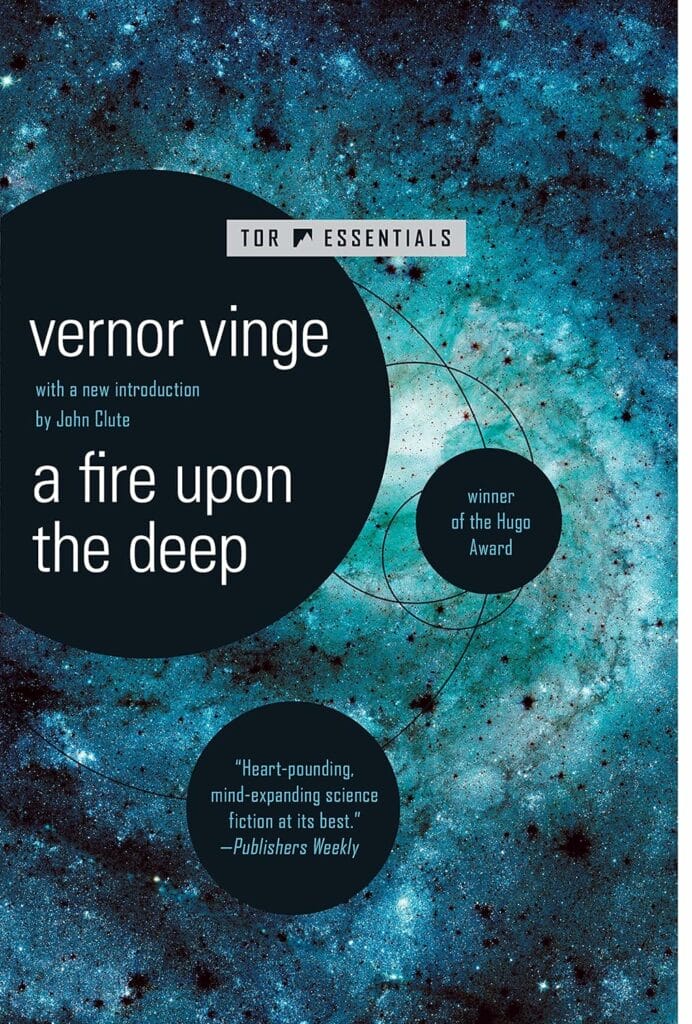
“A Fire Upon the Deep” by Vernor Vinge
In this novel, different regions of the galaxy have different laws of physics, leading to a stratified hierarchy of civilizations. When a malevolent entity is unleashed in the Beyond, it threatens to destroy all of known space. Vinge explores themes of intelligence, communication, and the nature of consciousness.
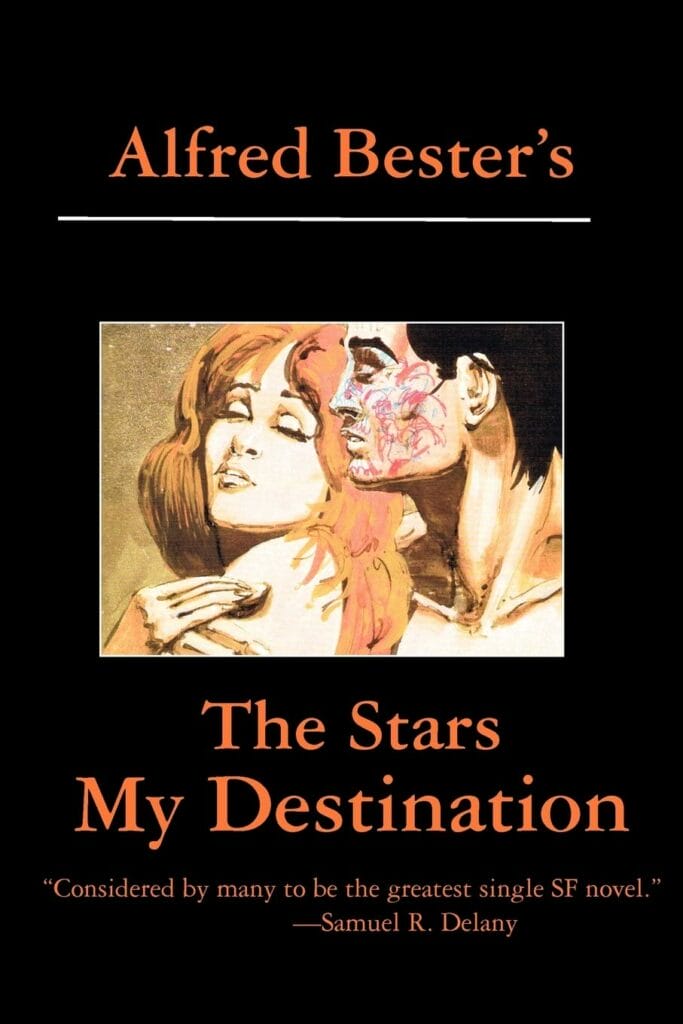
“The Stars My Destination” by Alfred Bester
Set in a future where humanity has colonized the solar system, this novel follows Gully Foyle on his quest for revenge after being left for dead in space. Bester’s exploration of a future society filled with corruption and moral ambiguity makes for a gripping read.
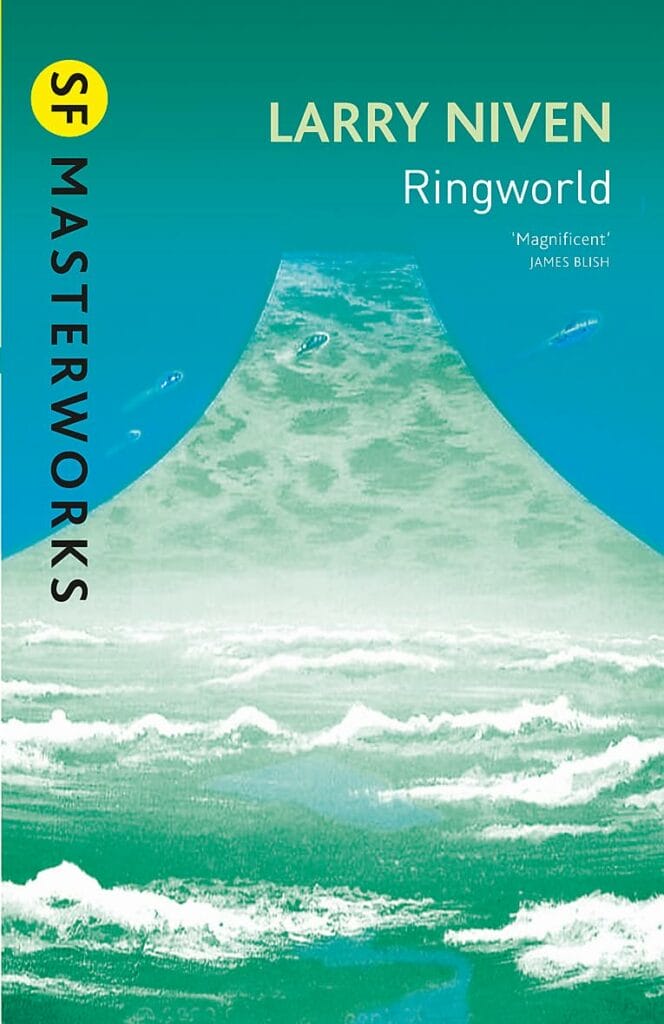
“Ringworld” by Larry Niven
Winner of several major science fiction awards, “Ringworld” introduces readers to the Ringworld, a massive artificial ring surrounding a sun. The novel follows a group of explorers as they journey to this enigmatic structure and encounter its strange inhabitants.
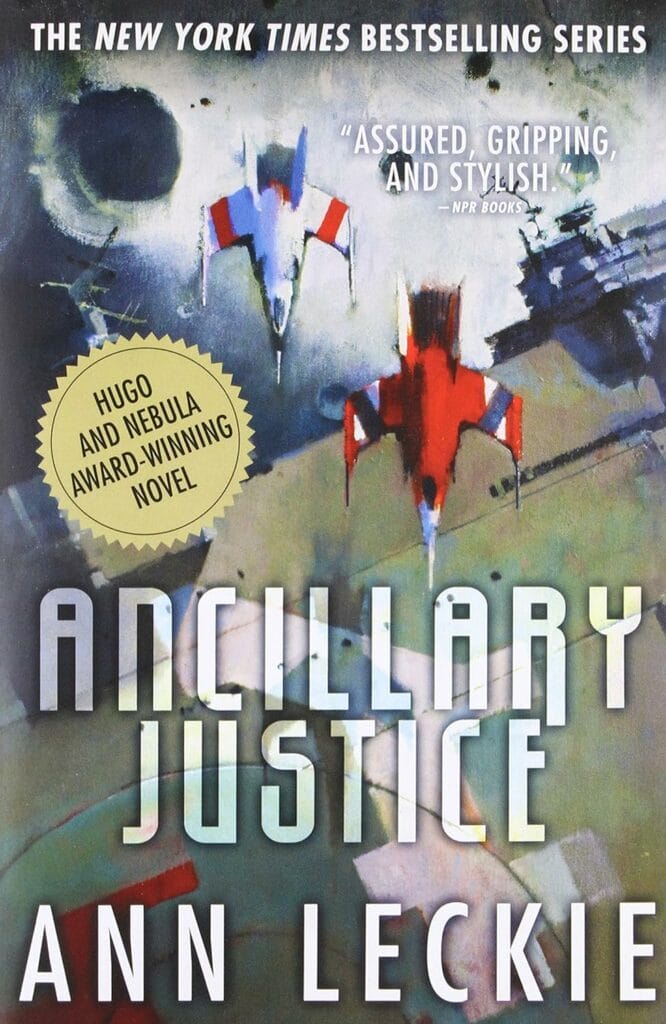
“Ancillary Justice” by Ann Leckie
This novel follows Breq, a former starship AI now inhabiting a human body, as she seeks revenge against the ruler of an interstellar empire. Leckie’s exploration of identity, power, and colonialism is set against a backdrop of political intrigue and cultural conflict.
Have you read any of the books on the list? What’s your favourite Books like Dune? We’d love to hear from you.
Other things you might want to know:
What should I read if I liked Dune?
Have a look at the 10 books above for more like Dune!
What books did Dune inspire?
A Door into Ocean (1986) and Red Mars (1992).
Is Dune book complicated?
Dune is a complicated read but overshadowed by its thought out setting and exhilarating events.
Check out other articles by month:

